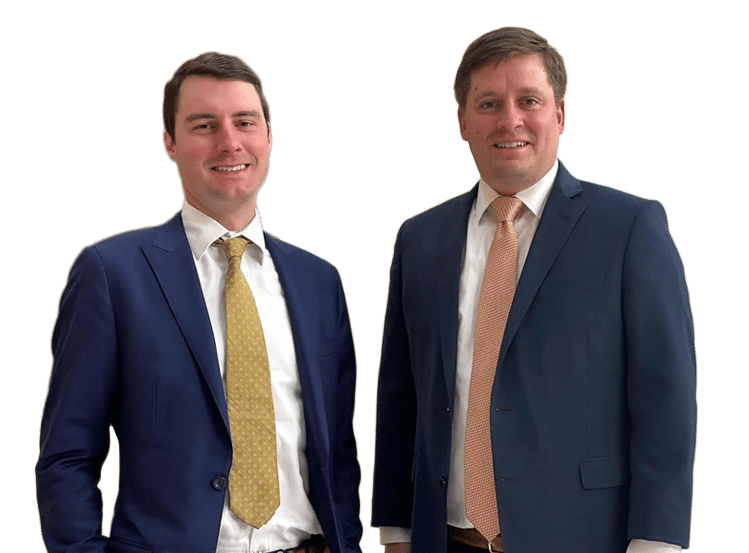Locked-In Syndrome Attorney in Atlanta
Locked-in syndrome is one of the most devastating consequences of medical malpractice. At Hanson Fuller, our experienced Atlanta medical malpractice attorneys are committed to seeking justice for patients and families whose lives have been forever changed by this rare neurological condition.
What is Locked-In Syndrome?
Locked-in syndrome is a rare neurological disorder in which the patient experiences total paralysis of all voluntary muscles, except for those that control eye movements. Individuals remain fully conscious and aware but are unable to speak or move. Often caused by damage to the brainstem, typically from a stroke or trauma, this condition demands immediate and precise medical care.
Common Grounds for Locked-In Syndrome Malpractice Claims
Misdiagnosis or Delayed Diagnosis:
Failure to promptly diagnose conditions that can lead to locked-in syndrome, such as brainstem strokes, can result in severe and irreversible damage. Early and accurate diagnosis is crucial for effective treatment and minimizing long-term effects.
Improper Treatment:
Administering incorrect treatments or failing to follow established medical protocols can exacerbate the condition. For example, not providing timely interventions like clot-busting drugs for a stroke can lead to locked-in syndrome.
Failure to Monitor:
Inadequate monitoring of a patient’s condition, especially during critical periods, can result in missed opportunities to prevent the progression of the disorder.
Legal Guidance for Locked-In Syndrome in Georgia
Medical malpractice cases involving locked-in syndrome are complex and often involve multiple providers, including ER doctors, radiologists, neurologists, nurses, and even chiropractors. In Georgia, a successful case requires proving that a healthcare provider’s negligence directly caused or worsened the patient’s condition.
At Hanson Fuller, our Atlanta locked-in syndrome lawyers work with expert medical witnesses to build strong, evidence-based cases. We pursue compensation for:
- Ongoing medical and rehabilitation expenses
- Long-term care and assistive technology
- Pain and suffering
- Loss of income and future earning potential
- Emotional distress for the patient and family
Meet our Successful Team


FAQs
Locked-in syndrome can result from medical errors such as failure to diagnose a brainstem stroke, delayed imaging, improper stroke treatment, anesthesia complications, or surgical mistakes. These errors may constitute medical malpractice if they deviate from the standard of care.
Yes. Medical malpractice—such as misdiagnosing a stroke, delaying treatment, or failing to monitor a patient—can lead to locked-in syndrome. In such cases, victims or their families may have grounds for a legal claim.
To have a valid case in Georgia, you must show that a healthcare provider’s negligence caused or worsened the condition. An experienced Atlanta locked-in syndrome attorney can help gather medical records, consult experts, and determine whether malpractice occurred.
Multiple healthcare professionals may be liable, including emergency room doctors, radiologists, neurologists, nurses, hospital staff, and sometimes even chiropractors—anyone involved in the patient’s diagnosis, monitoring, or treatment.
Compensation may cover medical bills, long-term care, lost income, pain and suffering, and emotional distress. In Georgia, your attorney will help calculate damages based on the impact on your life and future needs.
These cases are complex and require knowledge of both Georgia malpractice law and neurology. An Atlanta-based attorney with experience in locked-in syndrome cases can help you build a strong case, navigate the legal process, and fight for maximum compensation.

